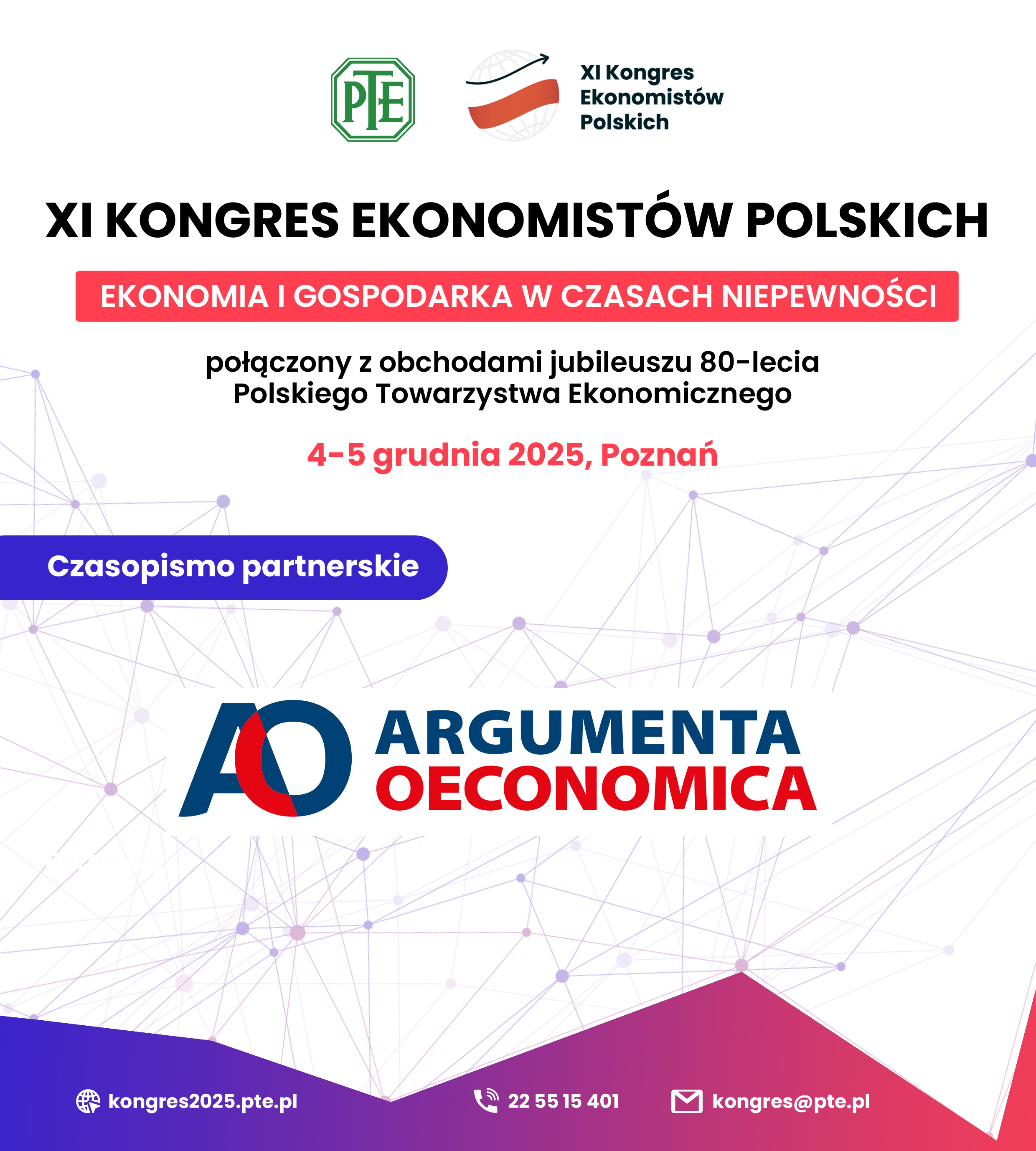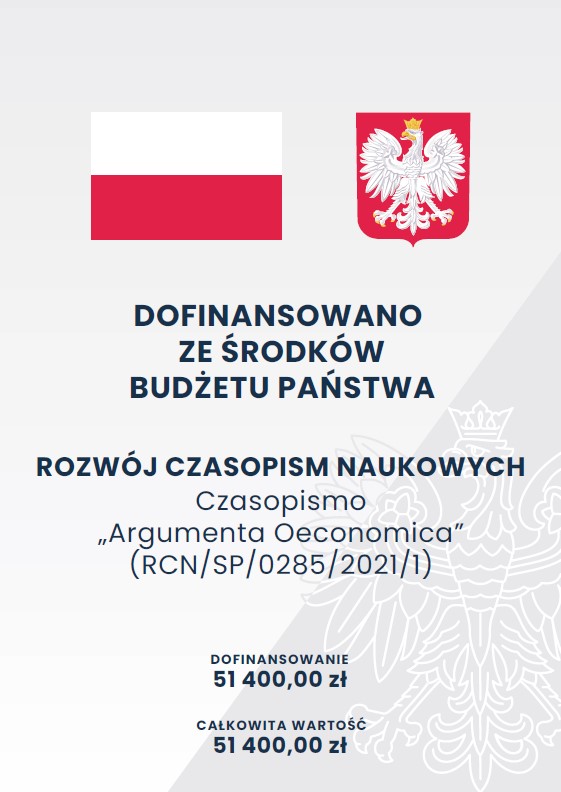Modelling Economic Structure: The Perspective of Tourist Cities
Abstract
This study uses a theoretical method and also mathematical programming (MP) models to assess the polarisation of Macao's tourism industry in terms of economic realism, with Las Vegas as a reference. The industrial polarization of Macao's gaming industry has led to a serious imbalance in the development of the city's industrial structure. The author posits that market structures in the two locations vary in significant ways. Due to diverse market circumstances, including tourist amenities and consumer preferences, push forces are prominent in Macao, whereas pull forces are essential in Las Vegas. As such, Macao cannot and should not endeavour to reach the same level of diversification as Las Vegas due to the possible adverse consequences of being economically non-viable because of differences in market circumstances. These theoretical implications have been validated in reality in recent years. Indeed, the emergence of up-to-date resort assets have reinforced, rather than alleviated, the specialisation of Macao's hospitality sector. The results suggest that casino tourism in Macao will continue to expand in a polarised fashion. The purpose of this study was to determine whether Macao's diversification, although politically mandated, is economically realistic. With the implementation of policies such as the Guangdong-Hong Kong-Macao Greater Bay Area and the Guangdong-Macao In-Depth Cooperation Zone in Hengqin, it is hoped that the study's policy relevance will become increasingly apparent in the coming years.(original abstract)Downloads
Download data is not yet available.
Downloads
Published
2022-01-30
Issue
Section
Articles
License
Copyright (c) 2022 Li Sheng

This work is licensed under a Creative Commons Attribution-ShareAlike 4.0 International License.







